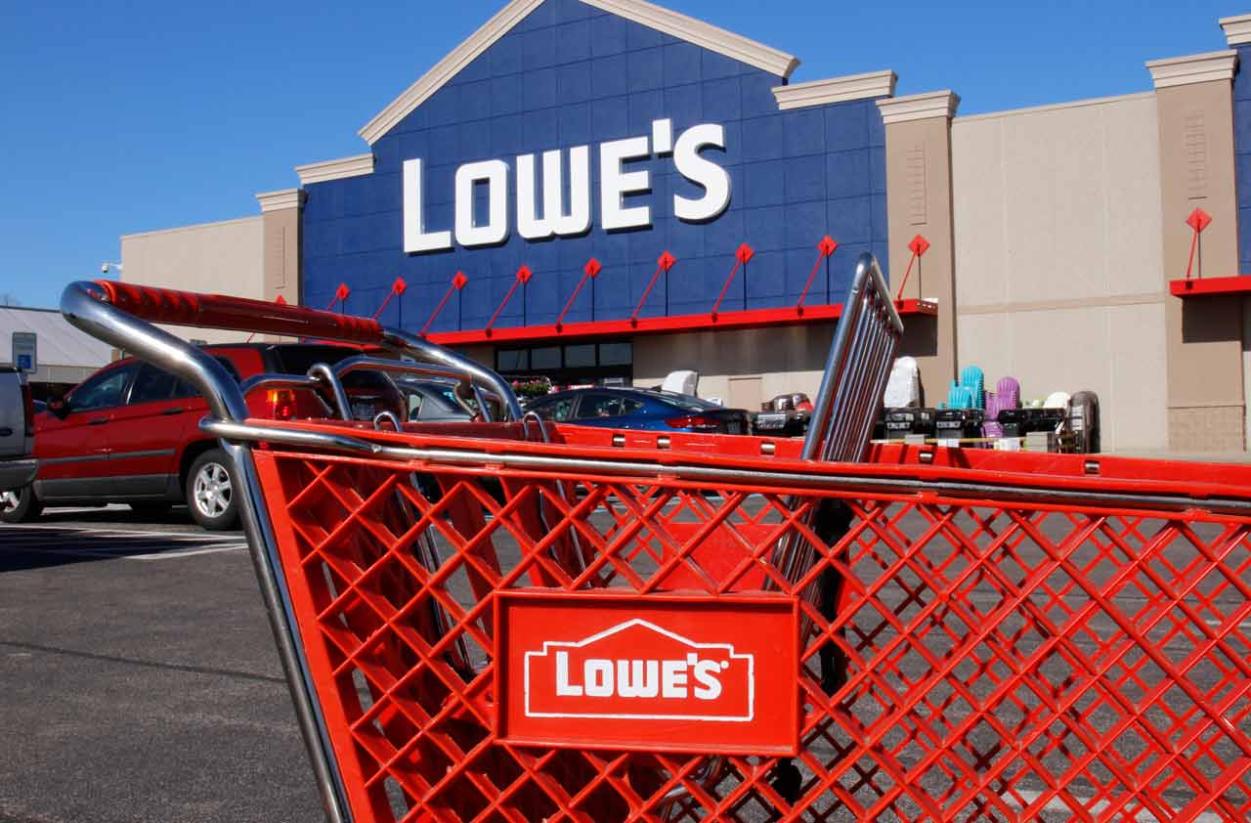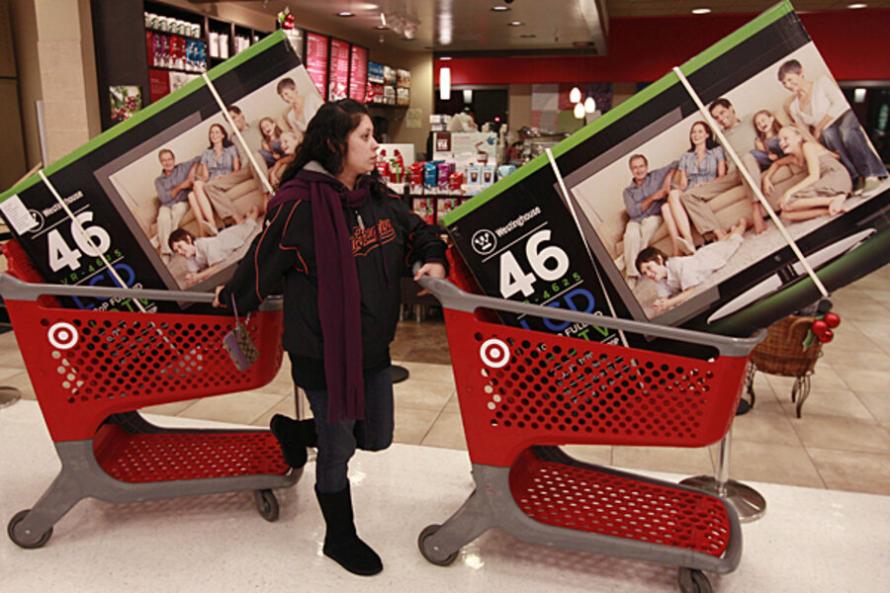Black Friday Shopping: A Cultural Phenomenon or a Marketing Ploy?
Black Friday, the day after Thanksgiving, has become a global shopping phenomenon, drawing millions of consumers to stores and websites in search of deep discounts and limited-time offers. This article examines the complex interplay of cultural, economic, and marketing factors that have shaped Black Friday shopping, exploring whether it is a genuine cultural phenomenon or primarily a marketing ploy.

Historical Context
Black Friday's origins can be traced back to the late 19th century, when retailers began offering special sales and promotions the day after Thanksgiving to attract shoppers. The term "Black Friday" was first used in the 1960s to describe the heavy traffic and congestion caused by post-Thanksgiving shopping.
Economic Factors
- Economic downturns have contributed to the popularity of Black Friday shopping, as consumers seek bargains to stretch their budgets.
- The rise of online shopping has expanded Black Friday's reach, allowing consumers to participate from the comfort of their homes.
Consumer Behavior
- The desire for bargains and the thrill of the hunt motivate many consumers to participate in Black Friday shopping.
- The social aspect of Black Friday shopping, including the excitement of crowds and the shared experience of bargain hunting, also contributes to its popularity.
Marketing Strategies
- Retailers use various marketing strategies to promote Black Friday sales, including deep discounts, limited-time offers, and scarcity tactics.
- Advertising campaigns and social media hype create a sense of urgency and excitement around Black Friday shopping.
Cultural Significance
Black Friday shopping has become deeply ingrained in American culture, associated with Thanksgiving, family traditions, and the holiday shopping season.
Thanksgiving Connection
- Black Friday is traditionally the first day of the holiday shopping season, marking the start of the countdown to Christmas.
- Many families incorporate Black Friday shopping into their Thanksgiving traditions, turning it into a shared experience.
Social And Psychological Factors
- The desire for bargains and the thrill of the hunt are powerful motivators for Black Friday shoppers.
- The sense of community and shared experience created by Black Friday shopping can be appealing to consumers.
Marketing Ploy
While Black Friday has undoubtedly become a cultural phenomenon, it is also a carefully orchestrated marketing ploy designed to boost sales and profits.
Retailer Strategies
- Retailers use deep discounts, limited-time offers, and scarcity tactics to create a sense of urgency and excitement.
- Advertising campaigns and social media hype generate buzz and anticipation around Black Friday sales.
Impact On Consumer Spending
- Black Friday sales can significantly boost consumer spending, contributing to the overall economic impact of the holiday shopping season.
- However, the focus on deep discounts can lead to impulse purchases and overspending.
Ethical And Environmental Concerns

Black Friday shopping has raised ethical and environmental concerns, including worker exploitation, excessive consumerism, and waste generation.
Worker Exploitation
- Retail workers often face long hours, low pay, and unsafe working conditions during Black Friday.
- The pressure to meet sales targets can lead to unethical practices, such as denying workers breaks or pressuring them to work overtime.
Excessive Consumerism
- The focus on deep discounts and limited-time offers can encourage excessive consumerism and impulse purchases.
- Black Friday shopping can contribute to a culture of overconsumption and materialism.
Waste Generation
- The大量的商品purchased on Black Friday often leads to increased waste, including packaging materials, unsold merchandise, and discarded electronics.
- The environmental impact of Black Friday shopping can be significant, particularly in terms of greenhouse gas emissions and resource depletion.
Black Friday shopping is a complex phenomenon that defies easy categorization as either a cultural phenomenon or a marketing ploy. It is a blend of cultural traditions, economic factors, consumer behavior, and marketing strategies. While it can be a fun and exciting experience, it is important to be aware of the ethical and environmental concerns associated with Black Friday shopping and to make informed choices about participation.

Ultimately, the question of whether Black Friday shopping is a cultural phenomenon or a marketing ploy is a matter of perspective. For some, it is a cherished tradition that marks the start of the holiday season. For others, it is a carefully orchestrated marketing event designed to boost sales and profits. Regardless of one's perspective, it is clear that Black Friday shopping has become a significant cultural and economic event that has a profound impact on consumers, retailers, and the environment.
YesNo

Leave a Reply